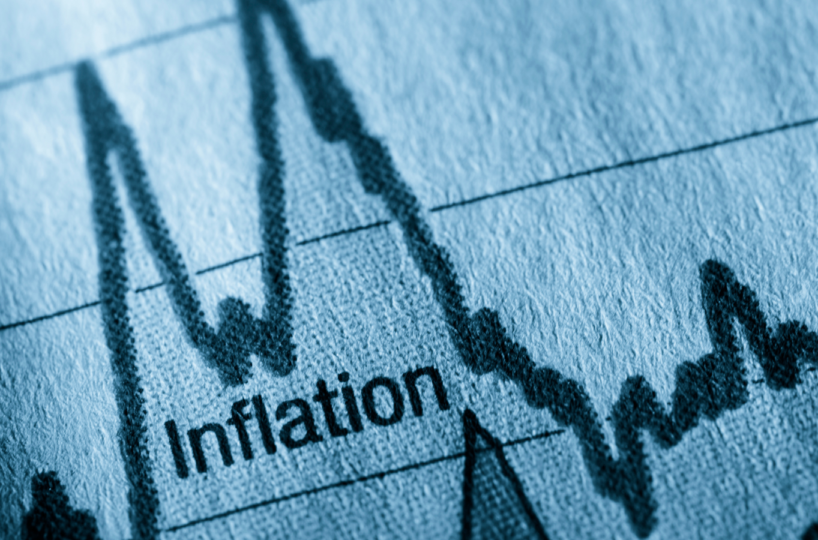Inflation can have several effects on the housing market, both in the short term and the long term. Here are some ways in which inflation can impact the housing market:
- Rising Home Prices: Inflation typically leads to an increase in the prices of goods and services, including construction materials and labor costs. As a result, the cost of building new homes or renovating existing ones tends to rise. Builders may pass these increased costs onto buyers, leading to higher home prices. This can make it more difficult for potential homebuyers to afford a house, particularly for first-time buyers.
- Mortgage Rates: Central banks often raise interest rates to combat high inflation. When interest rates rise, it becomes more expensive to borrow money, including for mortgages. Higher mortgage rates can reduce the purchasing power of potential homebuyers, as they will have to pay more in interest on their loans. This can slow down the demand for homes and put downward pressure on home prices.
- Investment in Real Estate: Real estate is often seen as a hedge against inflation because property values tend to increase over time, keeping pace with or outpacing inflation. As a result, some investors may turn to real estate as a way to protect their wealth from the eroding effects of inflation. This increased investment in real estate can drive up demand and contribute to rising home prices.
- Rental Market: In an inflationary environment, the cost of living increases, including rent. Landlords may raise rents to keep up with rising expenses, which can put additional financial pressure on renters. This may encourage some renters to consider homeownership as a way to lock in their housing costs and build equity, further increasing demand in the housing market.
- Supply Constraints: In some cases, high inflation can lead to supply chain disruptions and delays in construction projects. This can limit the supply of new homes coming onto the market, exacerbating the upward pressure on prices.
- Regional Variations: Inflation does not affect all regions equally. Some areas may experience more significant inflation than others, leading to regional disparities in the housing market. In high-inflation regions, home prices and rents may rise more rapidly, making housing less affordable.
- Consumer Confidence: Inflation can erode consumer confidence in the economy. When people are uncertain about their financial future due to rising prices, they may be less inclined to make major financial commitments like buying a home. This can dampen demand in the housing market.

It’s important to note that the relationship between inflation and the housing market can be complex and is influenced by various other factors such as government policies, employment levels, and the overall health of the economy. Additionally, the impact of inflation on the housing market can vary over time and across different economic conditions. Homebuyers, sellers, and investors should consider these dynamics when making decisions related to real estate in an inflationary environment.


